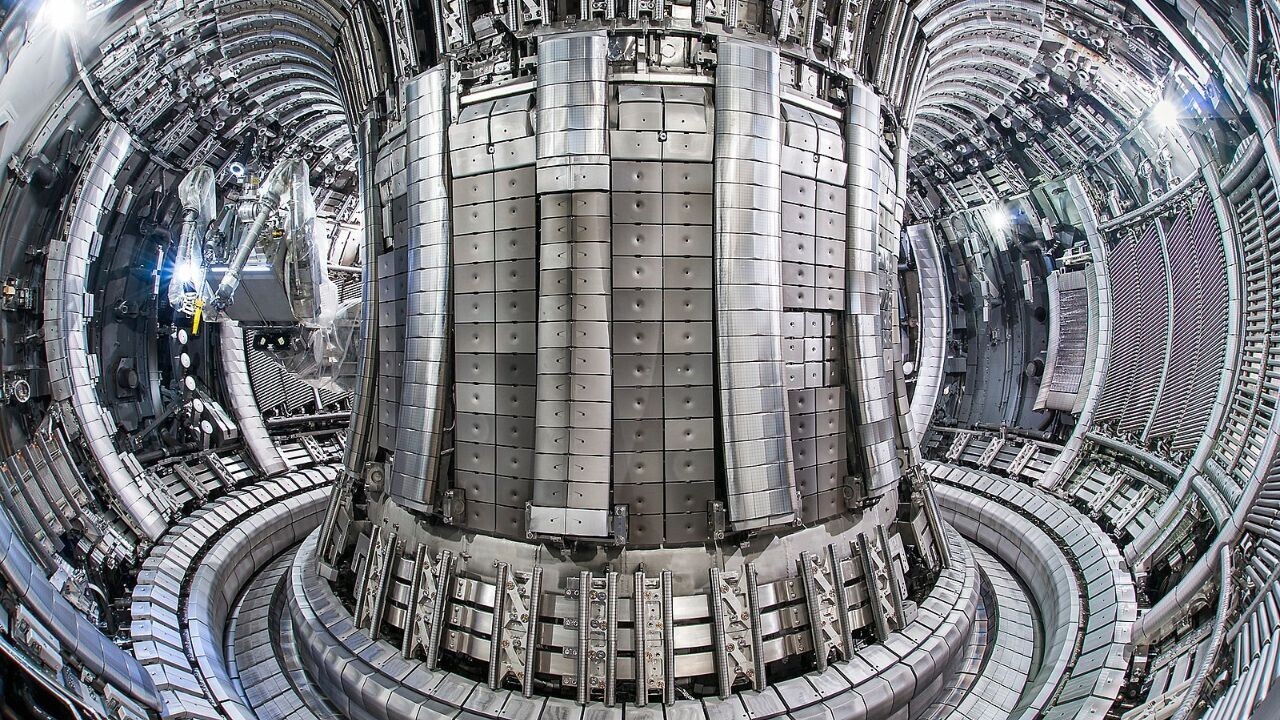The UK’s dream of having the world’s first commercial nuclear fusion power plant has taken a digital turn.
As part of plans to put fusion energy on the grid by 2040, a digital twin of the reactor is now being built.
The virtual model will be used to design the power plant, which aims to unleash the immense promise of fusion energy.
With the potential to provide abundant clean energy, fusion is frequently called the “holy grail” of power sources. Unfortunately, it’s also immensely complex. Across decades of experiments, only tiny quantities of fusion power have ever been generated.

Despite several recent breakthroughs, a fusion power plant that delivers energy to the grid remains fiendishly challenging to build.
To accelerate the process, the UK’s Atomic Energy Authority (UKAEA) is working with Intel, Dell, and Cambridge University to create the digital twin.
Scientists will use the virtual model to develop the reactor. To fuel their efforts, AI and supercomputing will be tapped to run extensive modelling and simulations in the system.
Working inside the digital environment — dubbed the industrial metaverse — the UKAEA team will adapt their designs as new data and tech emerge.

The digital twin is the latest part of plans to make the UK a global hub for fusion energy. The country’s energy security secretary, Grant Shapps, hailed the project’s role in the mission.
“This new collaboration with our world-renowned universities and tech companies ensures the UK solidifies its reputation as a science superpower, turning science fiction to science fact, with the potential for cheaper, cleaner and, crucially, more secure energy,” he said.
Get the TNW newsletter
Get the most important tech news in your inbox each week.






